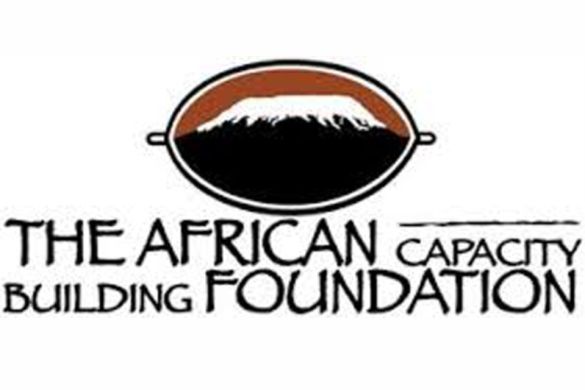
We need to build capacity right across the continent from the grassroots — the community level, for effective impact.
By Emmanuel Nnadozie
AFRICA, rightly, has big ambitions for the future. Our continent is rich in both natural and human resources. We have a talented and energetic young population which, with the right support, can be a powerful motor for prosperity and progress.
But this progress depends upon our continent having the capacity to turn these resources into the outcomes we want. And here we face a serious challenge. Compared to other more developed regions, Africa lacks the expertise — at both individual and institutional level — to develop and deliver effective programmes to overcome problems and accelerate progress.
At a technical level, through a study conducted by the African Capacity Building Foundation (ACBF) on the Agenda 2063, for example, ACBF has identified a shortage of 4,3 million engineers and 1,6 million agricultural scientists and researchers needed for successful sustainable development.
We can see similar and equally worrying skills gaps at a policy level at continental, regional and national institutions.
Putting this right must be a priority if Africa is to be in control of its own development.
Capacity constraints are a major limiting factor to our ability to maximise and overcoming the serious problems we face such as climate change, high youth unemployment and income and gender inequality.
It is a challenge that ACBF is determined to help meet by expanding its role in providing the expertise our continent needs, particularly with regard to implementation capacities.
For the last 25 years, ABCF has invested heavily in policy formulation, institutional development and knowledge creation and sharing, and has come to be the leader in capacity development.
Over 50 000 experts in economics, financial management and public administration have been trained on policy formulation and decision-making.
Each has returned to their jobs better equipped to contribute to the development of their countries and are making a difference in their various work domains across the continent.
We have also created and supported dozens of think-tanks and other institutions that support parliaments, the private sector and civil society and have significantly influenced policy in a manner that has advanced development.
We are now determined to draw on this experience and on our unique in-depth knowledge of the strengths and weaknesses across the continent, to advance our agenda for developing key institutional and human capital for Africa’s transformation as we get into a new chapter for the foundation, the ACBF Strategy 2017-2021.
Under our new five-year strategy, we intend to put a new focus on meeting the shortfall in critical technical skills, strengthening key institutions and developing leadership capacity that will improve implementation capacities within the continent.
This will require us to look wider than building capacity at national level, though it remains important.
We will also prioritise working with pan-African and regional institutions, the private sector and civil society as well as sharing knowledge and expertise as widely as possible.
We need to build capacity right across the continent from the grassroots — the community level, for effective impact.
We have identified, through our strategy, five ways we believe we can best meet the continent’s needs for policy-making and technical expertise.
Firstly, as we have done for many years, we will continue to invest in capacity development through provision of grants to fund capacity development programmes and projects at all levels across the continent.
Secondly, we will use our long experience, to identify capacity challenges and to develop specific strategies to address them.
This will, of course, be demand-driven and in some instances at the initiation of the foundation based on our principles of selectivity and prioritisation, often using a regional approach and focusing on addressing the most binding capacity constraints to maximise effectiveness and impact.
Thirdly, we will also emphasise on bringing together expertise in capacity development from across the sector and providing a “one-stop shop” where support and knowledge products can be accessed.
Fourthly, we will work hard with all our partners to help them mobilise the additional resources they need to implement capacity development programmes.
Finally, we will work to design new innovative models to ensure the creation, retention and utilisation of existing capacity.
It is a big agenda which will take ACBF into new areas of work.
But it also enables us to make maximum use of the insights and partnerships we have built over 25 years of working successfully across our continent.
It is a programme which will go a long way in helping us fulfil our vision of an Africa capable of achieving its own development and of turning our continent’s potential into better lives and greater opportunities for all its people.
Emmanuel Nnadozie is the African Capacity Building Foundation executive secretary
Follow us on Twitter @FingazLive and on Facebook – The Financial Gazette


